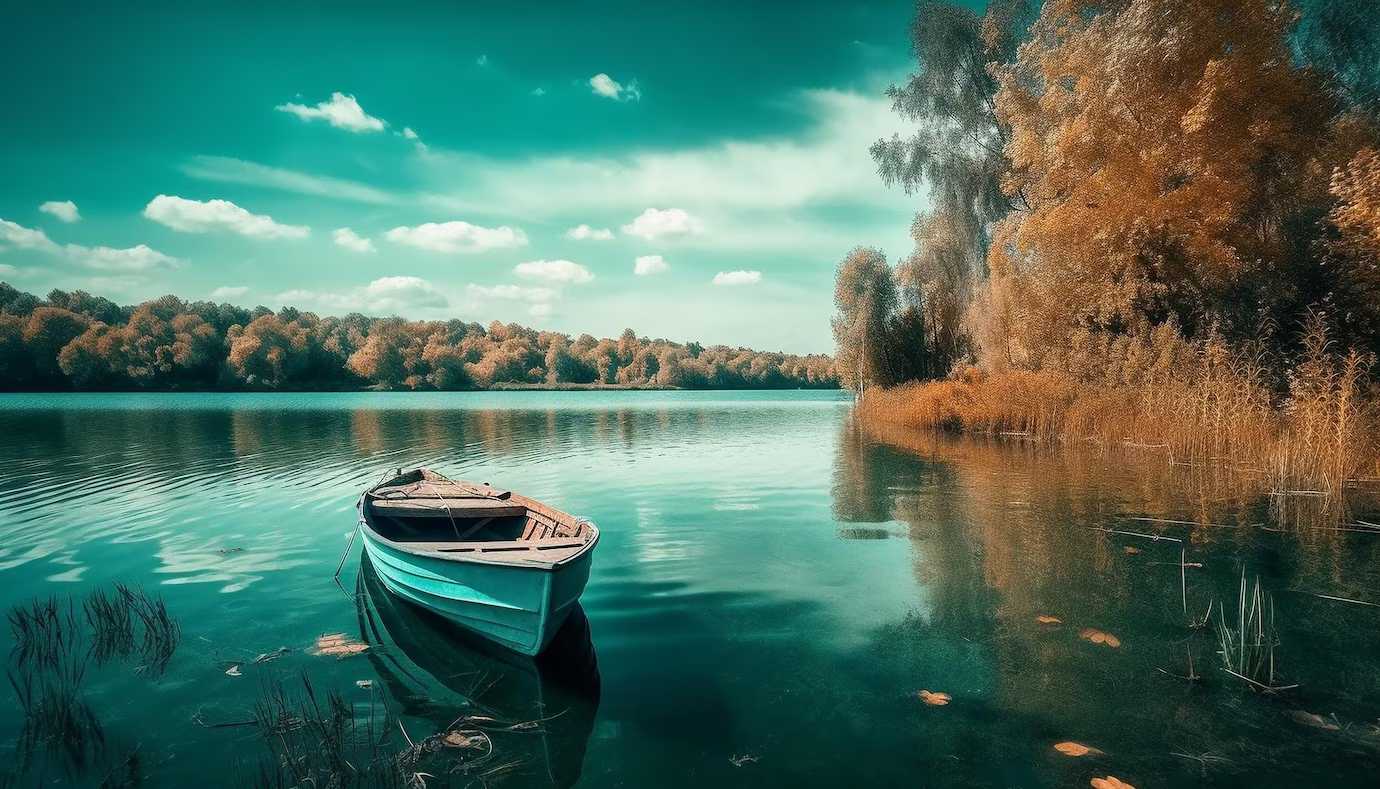Fishing is an age-old activity enjoyed by people around the world. Whether you are a beginner or an experienced angler, there are always tips and techniques that can improve your fishing skills. In this comprehensive guide, we will explore a range of fishing tips to help you maximize your chances of success. From selecting the right gear to understanding fish behavior, this article aims to provide valuable insights to enhance your fishing endeavors.
Gear and Equipment Tips
- Match Your Gear to the Target Species: Select fishing rods, reels, and lines that are appropriate for the fish species you are targeting. Lighter tackle is suitable for smaller fish, while heavier gear may be required for larger and more powerful species.
- Keep Your Gear Well-Maintained: Regularly clean and inspect your fishing gear to ensure it is in good working condition. Check your fishing lines for any signs of wear or damage, and replace them if necessary. Proper maintenance extends the lifespan of your equipment and improves performance.
- Use Quality Fishing Hooks: Invest in high-quality fishing hooks that are sharp, strong, and suitable for the target species. Dull or rusty hooks can reduce your hook-up rate, so sharpen them or replace them when needed.
Location and Fish Behavior Tips
- Research and Scout Fishing Spots: Before heading out, research local fishing spots and gather information about the species you wish to target. Look for areas with good structure, such as submerged rocks, weed beds, or drop-offs, as they attract fish.
- Observe Water Conditions: Pay attention to water temperature, clarity, and currents. Different species have specific preferences for these conditions. For example, trout thrive in colder waters, while bass are often found in slightly warmer temperatures.
- Understand Fish Feeding Patterns: Learn about the feeding habits and patterns of the fish species you are targeting. Some species are more active during certain times of the day or under specific weather conditions. Adjust your fishing schedule accordingly for better chances of success.
Bait and Lure Tips
- Match the Hatch: Observe the natural food sources available to the fish in the area and try to imitate them with your bait or lure selection. Matching the size, shape, and color of the prey species increases your chances of enticing a bite.
- Experiment with Different Techniques: Vary your retrieval speed, depth, and presentation techniques to find what works best on a given day. Fish may respond differently to fast retrieves, slow retrieves, or subtle movements, so be willing to adapt your approach.
- Use Live Bait: When targeting certain species, live bait can be highly effective. Worms, minnows, and insects are popular live bait options that can attract a wide range of fish.
Common Fishing Tips and Techniques
| Tip | Description |
| Match Your Gear to the Target Species | Select appropriate fishing gear based on the size and species of fish you are targeting. |
| Keep Your Gear Well-Maintained | Regularly clean and inspect your gear to ensure optimal performance. |
| Use Quality Fishing Hooks | Invest in sharp and strong hooks for better hook-ups. |
| Research and Scout Fishing Spots | Gather information about fishing spots and select areas with good structure and fish populations. |
| Observe Water Conditions | Pay attention to temperature, clarity, and currents to understand fish preferences. |
| Understand Fish Feeding Patterns | Learn about the feeding habits and activity patterns of the fish species you are targeting. |
| Match the Hatch | Select bait or lures that mimic the natural prey species found in the fishing area. |
| Experiment with Different |
Techniques | Vary your retrieval speed, depth, and presentation techniques to find what works best on a given day. | | Use Live Bait | Employ live bait such as worms, minnows, or insects to attract a wide range of fish. |
General Fishing Tips
- Practice Patience: Fishing requires patience and persistence. Be prepared to spend time waiting for the fish to bite. Stay focused and avoid unnecessary disturbances that may scare away the fish.
- Pay Attention to Weather: Weather conditions can significantly impact fishing success. Overcast days, for example, can be ideal for certain species, while bright and sunny days may require adjusting your fishing strategy. Keep an eye on weather forecasts and plan your fishing trips accordingly.
- Stay Quiet and Stealthy: Fish are sensitive to noise and vibrations. Keep noise levels to a minimum and avoid sudden movements that may spook fish. Approach fishing spots quietly and be mindful of your surroundings.
- Practice Catch and Release: Consider practicing catch and release to preserve fish populations and their habitats. Follow proper handling techniques to ensure the fish’s survival upon release.
- Learn from Local Anglers: Engage with experienced anglers in your area or join fishing communities to learn valuable tips and local knowledge. They can provide insights into specific fishing spots, techniques, and seasonal patterns.
Conclusion:
By implementing these fishing tips, you can enhance your fishing skills and increase your chances of a successful catch. Remember to match your gear to the target species, understand fish behavior, select the right bait or lure, and practice patience and observation. Enjoy the serene beauty of nature while honing your fishing techniques, and always prioritize the conservation and sustainability of fish populations. Happy fishing!





